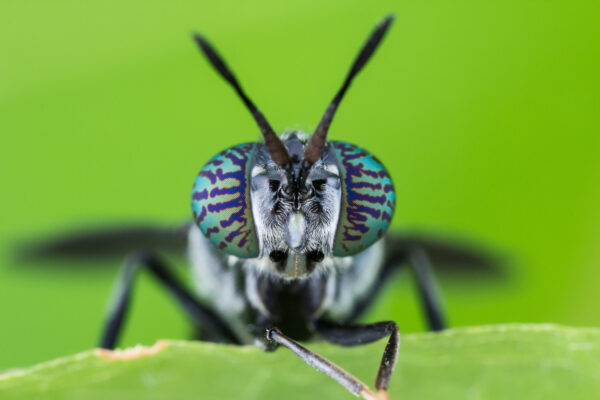The highly successful International Congress Insects to Feed the World, launched the week packed with the latest research and industrial development on insect production. The first day started with a warm welcome from the organizing committee of Université Laval and government agencies from Québec. Senator Michèle Audette followed with her notable intervention on Canadian First Nations knowledge.
Presentation from Dr. van Huis
As usual, Dr. van Huis gave an insightful and detailed overview of the development of the insect production field around the world. It included continuous growing research, strongly biased towards Black Soldier Fly, development efforts in genetics, processing, consumer attitude, and legislation elements.Dr. van Huis also outlined the strong growth in the insect industry. The high current prices of insect products will probably decrease in the coming decades, which according to Dr. van Huis, will allow a shift from the use of insect products in pet food to fish, chicken, and pig feed. He outlined the increasing collaboration between agricultural research, industry, national and international governments in his key sentence: “Collaboration promotes innovation, attracts talent and develops solutions for the challenges of tomorrow.”
Presentation from Dr. Karol Barragán
The inspiring invitation of Dr. Karol Barragán, the Superhero approach, encouraged the audience to actively participate in solving society’s problems through research and science. She shared several examples of how the use of Black Soldier Fly has started to generate positive impacts on vulnerable communities in rural Colombia. Dr. Barragán proposed three simple steps for achieving practical and applicable solutions that benefits society in the short term:
- The first step was to find a superhero, i.e., a remarkable innovation or discovery with the capability of solving a problem.
- The second step was to find a population where this solution may be applicable.
- Finally, the third step was to find allies to apply the solution to the chosen community.
She gave motivating examples illustrating knowledge transfer on the capacity of Black Soldier Fly larvae to transform organic residues into valuable materials like organic fertilizer and animal feed for fish and poultry. Foremost, she shared how communities of ex-combatants, victims of violence and how indigenous people are becoming more sustainable, by having the tools to face the increasing costs of animal production.


